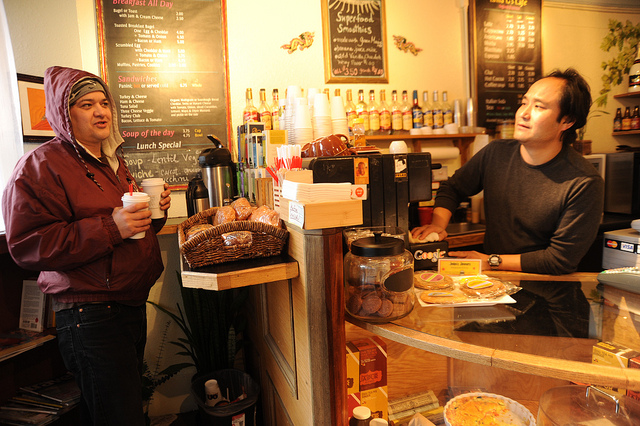
Loyalty: Beyond The Buzzword
Loyalty: Beyond The Buzzword https://csuiteold.c-suitenetwork.com/wp-content/uploads/2018/03/loyalty-beyond-the-buzzword.jpg 1000 500 C-Suite Network https://csuiteold.c-suitenetwork.com/wp-content/uploads/2018/03/loyalty-beyond-the-buzzword.jpg
There’s an old saying in politics: “If you want a friend, get a dog.” Extend that to commerce, sans canine, and you get this: “If you want loyalty, get some points.”
It’s best to get the right points, though — the ubiquitous kind.
Loyalty programs may be all the rage these days, but they sometimes foster rage if they don’t serve customer needs the way consumers want. Which begs the question: What is loyalty, anyway? To get to the basics behind the buzzword, PYMNTS’ Karen Webster posed that very query to Ravi Venkatesan, chief technology officer of Bridge2 Solutions.
“It’s all about allegiance or adherence — whether it’s a brand or a style or even people,” Venkatesan said. “Loyalty … when you boil it down, is the fact that I want to stick to something for a long period of time and have allegiance to it.”
Go back a few centuries in business lore and you’ll discover the phenomena of merchants offering up old copper coins. A consumer could then take those coins and go to another merchant and get additional stuff.
“That is what I would call the origins of loyalty,” Venkatesan said.
Greenfield Stamps arrived in the 1800s, boasting a similar purpose but much lighter in weight. Then, in the 1900s came the genesis of Box Top Coupons, personified by Betty Crocker and the like. These are the classic forms of loyalty, he explained.
The modern age, in which points reign supreme, originated with American Airlines and its own rewards program’s launch back in 1981. It was among the first instances “where someone said, ‘OK, let me define a currency that is somewhat virtual and that people can redeem and be rewarded for,’” Venkatesan said.
“Ultimately, I think it boils down to a moment of truth which is when a customer says they will want to go and make a repeat purchase,” he added. “Will they go back to Starbucks and get another coffee or go back to a restaurant and get another meal? Or will they spend more money on a credit card because [they are] going to get a reward that [they] like?”
Against this backdrop, people and the companies themselves use the word “loyalty” incorrectly. They say they’re running a loyalty program, but it’s a concept that’s misinformed at best.
“You cannot induce loyalty through a transaction or a one-time event,” said Venkatesan. “It’s a relationship and, by definition, over a period of…






